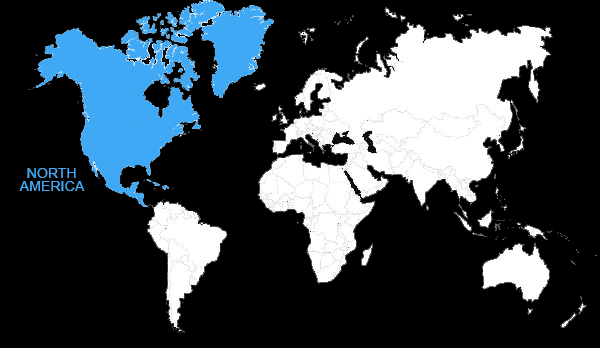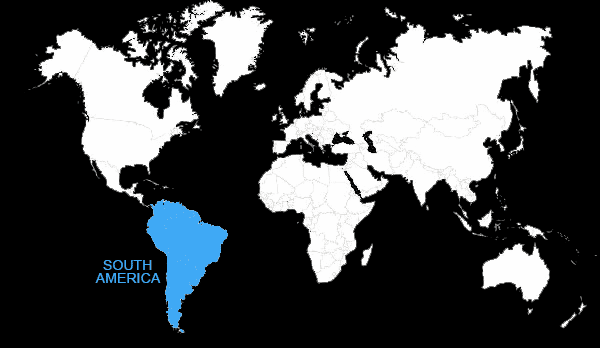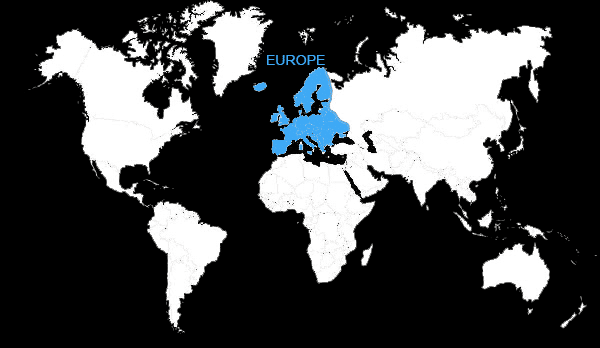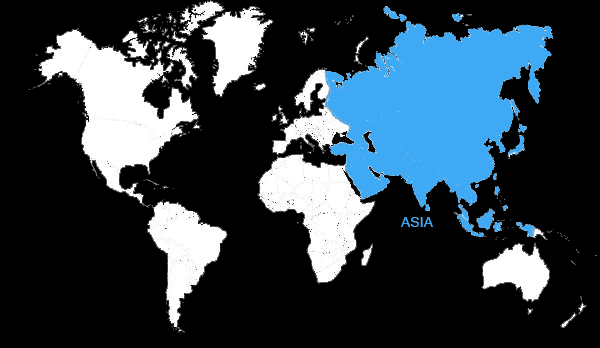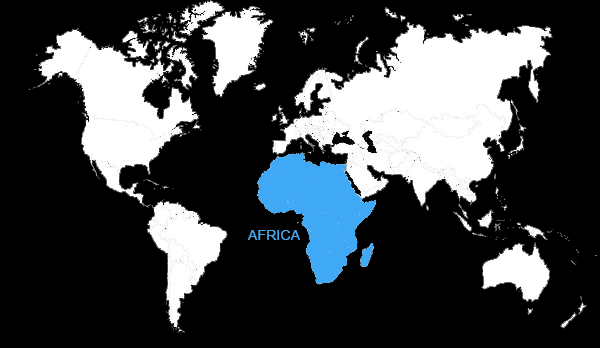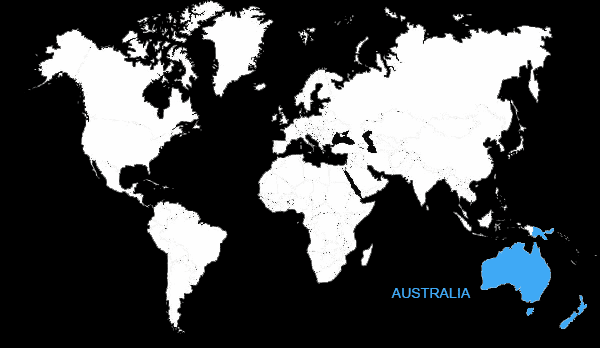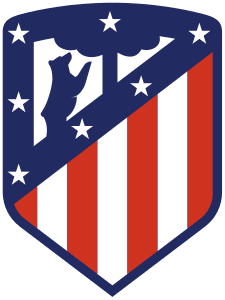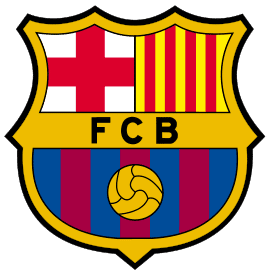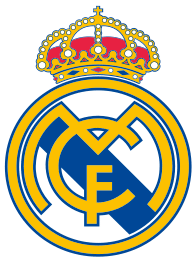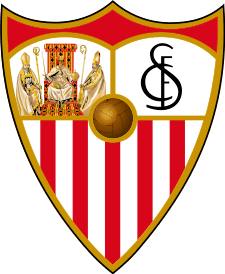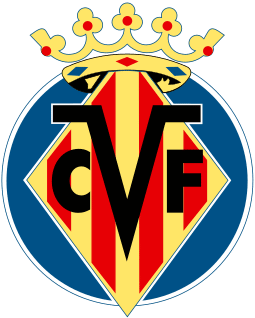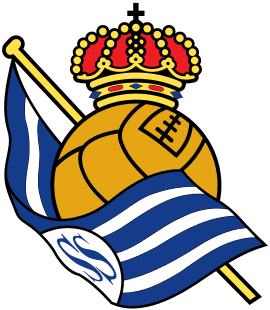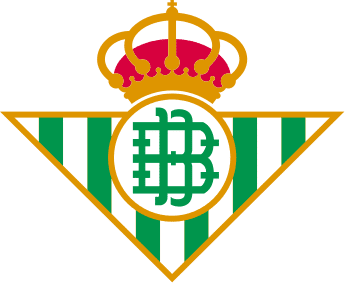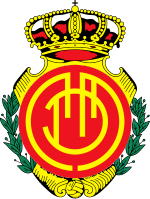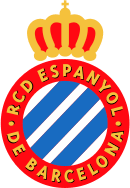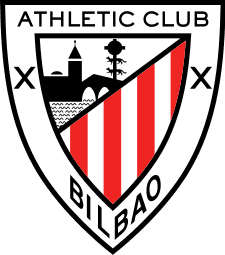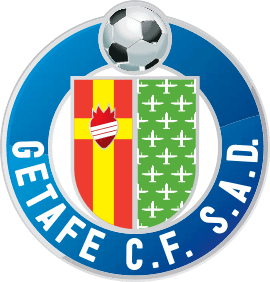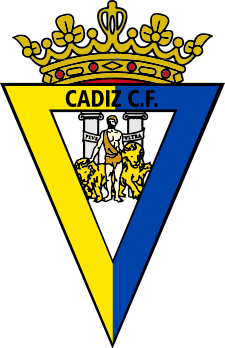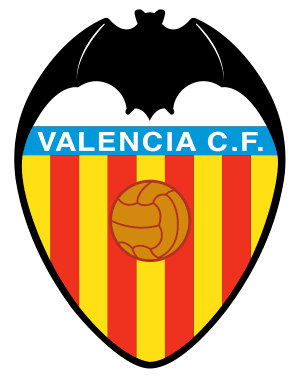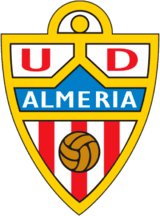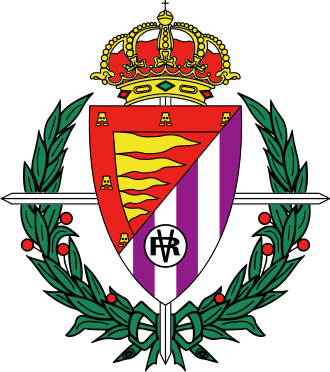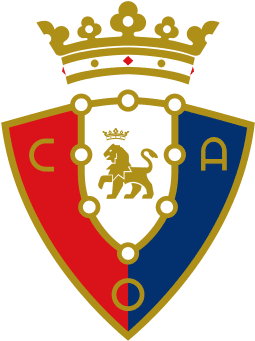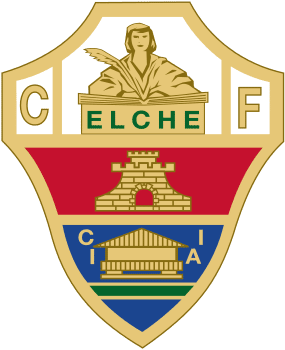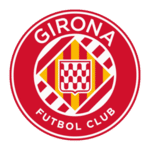Rayo Vallecano Tryouts & Club Guide: History, Stadium, Players, and More!

Welcome!
Discover the world of soccer with fcscout.com, your go-to scout for club tryout information, club guides, player profiles, in-depth product reviews, and more. We’re dedicated to exploring and revealing the best in each domain, empowering you with knowledge to make informed choices.
Thank you for being here!
Hi, I’m Carlos! A coach, sports enthusiast, and the founder of FCScout.com.
I fell in love with the game at a very young age like many of you. I’ve been following and playing soccer for many years.
Throughout my career, I always enjoyed helping soccer players chase their dreams, which is why I started this website. I wanted to reach a larger audience outside of my local area and fcscout.com was born.
This website is a platform I will be using to update club pages on any tryouts, stadiums, players, tech, and more from clubs around the world. I also create free recruitment profiles for players looking to have that extra competitive edge when reaching out to clubs.
That’s it. That’s my pitch for you to stick around (or browse the site as you please).
This is already too much text for a “see more” drop-down button thing. If you want to reach out to me, head on over to my contact page 🙂

Rayo Vallecano de Madrid, commonly referred to as Rayo Vallecano, is a Spanish professional football club in Madrid, Spain. The club competes in La Liga, the top flight of Spanish football.
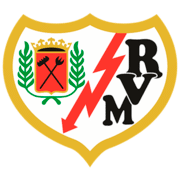
Rayo Vallecano Youth Development System
Rayo Vallecano has one youth academy team in its youth development system. These team included:
- Rayo Vallecano B

Rayo Vallecano Recruitment Trials
At the time of this writing, there are no official publishings on Rayo Vallecano trials. Please come back at a later date while we monitor this club or click here to visit their official youth academy news page for the latest updates.
EXPLORE MORE CLUBS!
Explore more professional clubs by continent.
Rayo Vallecano History
The first meeting of Rayo Vallecano took place on May 29, 1924, in the hometown of Prudencia Priego, who was the wife of Julián Huerta, the club’s first president. In 1949, following an agreement with Atlético Madrid, a red diagonal stripe was introduced to the team’s kit. That same year, the club achieved promotion to the Tercera División for the first time in its history. River Plate, a football club from Argentina, served as a significant source of inspiration.
Rayo Vallecano is known as one of the clubs in Spanish football that is known as a “perennial yo-yo,” and the club has always existed in the shadow of Real Madrid and Atlético Madrid, which are the two biggest clubs in the city. During the 1980s and 1990s, Rayo Vallecano spent many years moving between La Liga and the Segunda División. The worst season that occurred in the 1980s was the 1983–1984 campaign. The club was demoted to Segunda División B as a result of its poor performance in the Segunda División, when it finished in last place.
After only one season with Rayo Vallecano, Laurie Cunningham lost his life in a vehicle accident just outside Madrid in 1989, making Rayo Vallecano his final club. He had only played for Rayo Vallecano. He had recently earned a winners medal in the F.A. Cup with Wimbledon F.C. in England the previous year, and he had also represented Real Madrid, which is located nearby, for a period of four years.
They appeared to have maintained their position in the top division after being promoted in 1999, and the team’s most successful season was in 2000–01, when they reached the quarter-finals of the UEFA Cup, losing narrowly to Alavés, who ultimately finished in second place; Rayo had a record of 9th place in the previous season, but they were still allowed to compete according to the fair play draw.
However, not long after that, the team experienced financial difficulties and suffered consecutive relegations in the years 2003 and 2004. The legendary manager Mchel, who helmed Real Madrid in the 1980s and 1990s, was brought on board for the 2005–2006 season.

Rayo concluded the 2006–07 season in second place in Segunda División B. They won the promotion play-off semifinal but were defeated by Eibar in the promotion play-off final (1–2 aggregate).
After a successful run in the playoffs during the subsequent season, the team earned promotion to division two after a four-year absence. They did so by advancing past Benidorm in the semi-final and Zamora in the final game by a combined score of two goals to one.
During its first few seasons back in the second division of Spanish football, Rayo finished in a comfortable position, most of the time either in the promotion places or just outside of them. In spite of very severe financial issues, the team finished in second place during the 2010–11 season and earned a promotion to the top flight after an absence of eight years. They finished only one point behind the champions Real Betis.
Huawei came to an agreement with Rayo Vallecano in March 2014 to become the club’s sponsor for two league matches against Real Madrid and Athletic Bilbao.
In August of 2015, Rayo Vallecano purchased the majority of Oklahoma City FC, a NASL expansion franchise that had not yet officially played a game. The club was renamed to Rayo OKC after the purchase, despite the stadium increasingly needing to have work done on it. It was the first time that a Spanish club had ever entered the American sports market, and it was a reflection of a sponsorship agreement that the club had signed in 2013 with Qbao in terms of expanding its profile in other countries. After just one season, Rayo OKC ceased operations because its parent club, Rayo Vallecano, was demoted from La Liga, and a dispute between the club’s co-owners resulted in fewer financial resources for the American side.
Rayo Vallecano were placed in 18th place at the end of the 2015–16 La Liga season, which resulted in their relegation to the Segunda División in May of 2016. This brought to an end their longest ever run in La Liga, which consisted of five consecutive years playing there. Their first year back in the second division was a difficult one, as they struggled with issues both on and off the field, ultimately finishing in the 12th position. During the 2016–17 Segunda División season, Rayo went through a total of three different managers before settling on club legend Mchel as their permanent leader. He brought the team back from the brink of relegation all the way up to the 12th spot, where they came very close to entering the playoffs.
David Cobeo, the club’s goalkeeper who had just recently retired prior to the start of the 2017–18 Segunda División season, was given the position of sporting director of the club by the club.
They secured their promotion with a win over CD Lugo by the score of 1-0 with one game left to play. The club finished the year undefeated in Segunda División with 76 points after competing in 42 matches.
Paco Jémez was hired as the club’s head coach on the 20th of March 2019, and on the 4th of May, Rayo was relegated back to the Segunda División after suffering a 4–1 defeat at the hands of Levante UD, ultimately finishing in last place.
Andoni Iraola was given the position of head coach at the club in August of 2020.
They finished in sixth place and won promotion in the playoffs against Girona FC. Despite losing the first leg of the playoff series at home by a score of 1-2, the team rallied to win the second leg on the road by a score of 2-0 to earn a spot in La Liga for the 2021–22 season. Iraola’s team advanced to the semi-finals of the Copa del Rey after claiming victory over RCD Mallorca in February 2022. It was only the second time in the club’s history and the first time since 1982.
Rayo Vallecano Stadium
Campo de Fútbol de Vallecas (originally Nuevo Estadio de Vallecas and previously Estadio Teresa Rivero) is a football stadium in the Madrid dist
